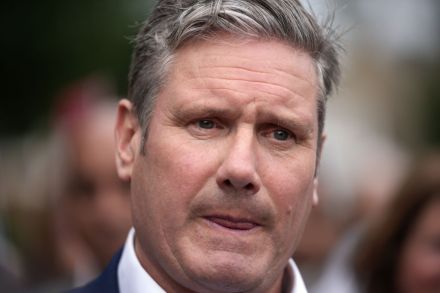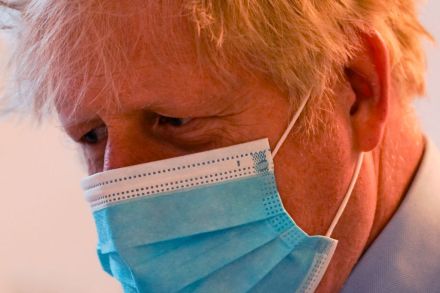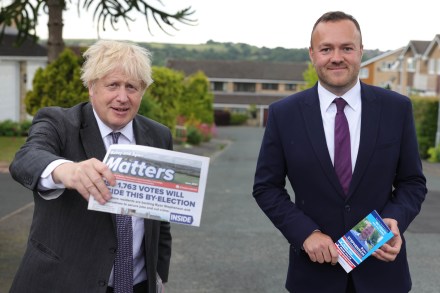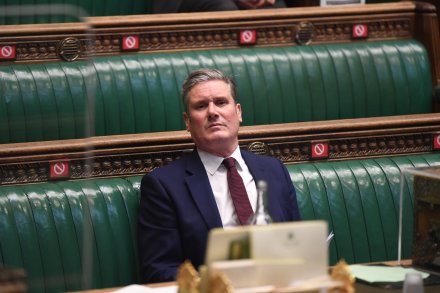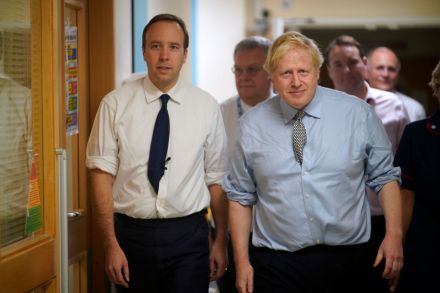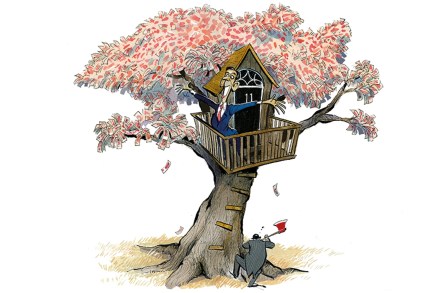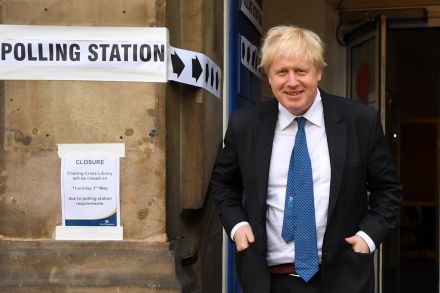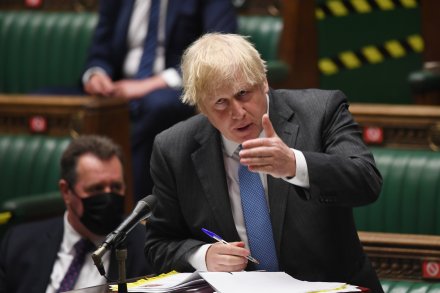Starmer’s PMQs attack line could spell trouble for Boris
Prime Minister’s Questions proved a rather testy affair today as both Boris Johnson and Keir Starmer barked questions at each other across the Commons floor. After the Prime Minister unveiled his plans on Monday for a big bang reopening in which legal rules will be replaced by a focus on personal responsibility, Starmer urged caution. The Labour leader quizzed Johnson on the health impact of this decision. He asked what the government estimate was for the number of hospitalisations if cases hit 50,000 a day. Johnson declined to say. Labour’s own position on Covid rules isn’t particularly different to the Tories Starmer then moved on to the practicalities of Johnson’s planned



